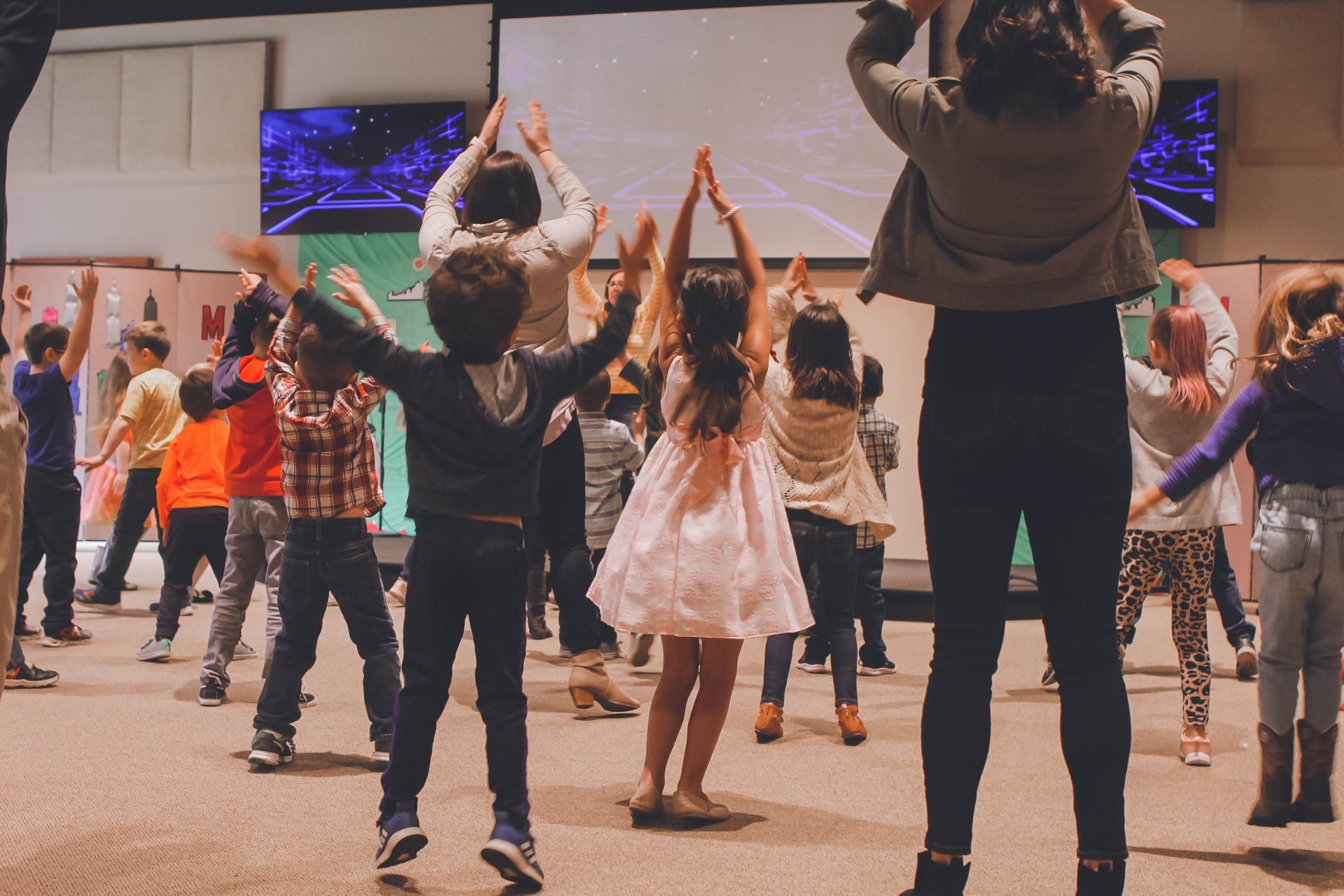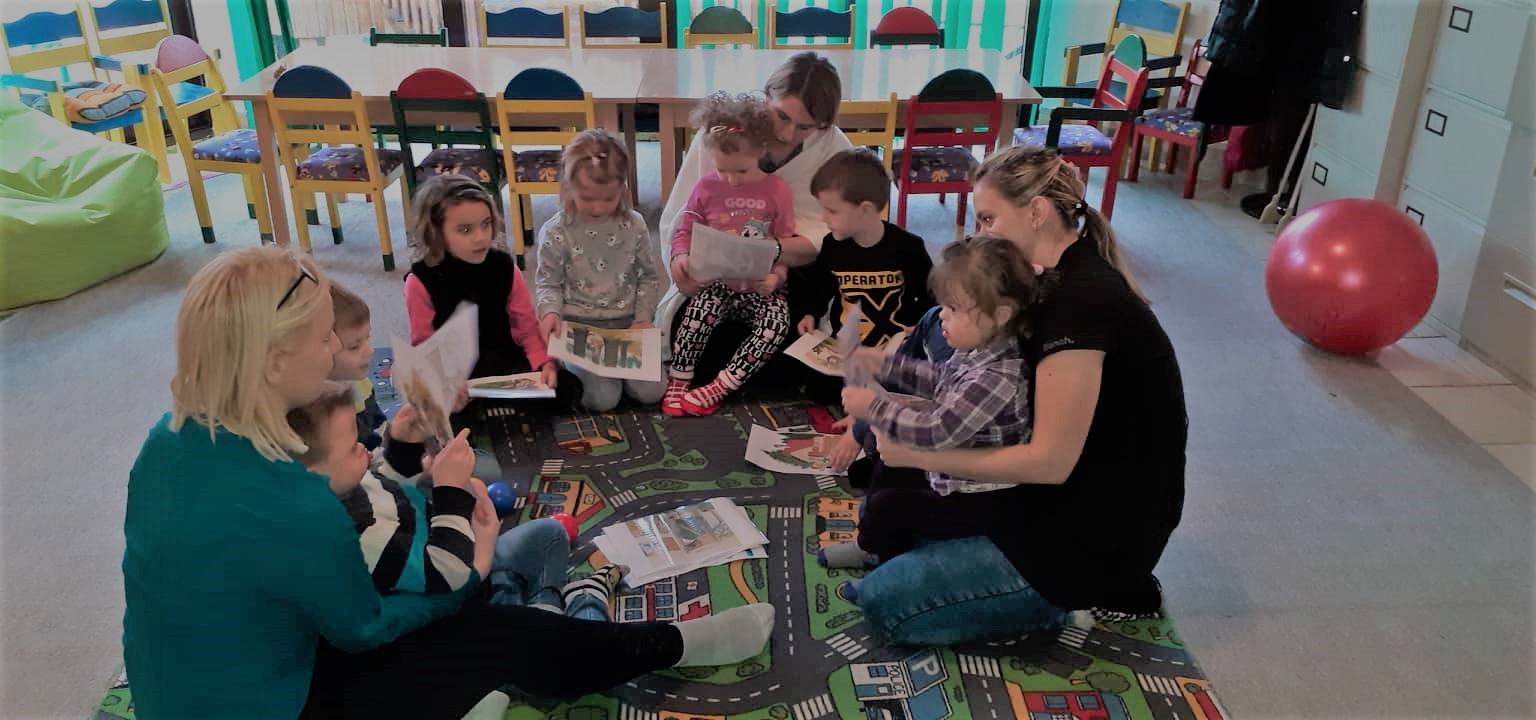
This story is about people, from a small town in central Bosnia, making an effort to provide children with disabilities the support they need to grow up, receive a proper education, and socialize.
Adisa Mahovac founded Mala Sirena (Little Mermaid) Association in 2012, with a mission to make children with disabilities equal members of society. In Zavidovići, she’s also a professor of English Language and Literature, and a mother. Mala Sirena began as Adisa, the mother of a child with disabilities, battled a system that did not provide any support to the development, education, socialization and rehabilitation of these children.
“The activities we provide are unique and do not exist anywhere in our canton, maybe even in the entirety of BiH,” said Adisa. “These include defectological and lapidary treatments, and neurofeedback therapy (a therapeutic method of changing specific patterns of brain activities that helps regulate attention disorders, mood swings, etc.). We also offer psychologist services and a legal service.” With the support of USAID, among other funders, Adisa is able to provide all treatments and services free of charge, even advanced treatments like sensory integration that require special sensory rooms.
Since 2012, Mala Sirena has done a lot for children with disabilities, and in their families, in Zavidovići. They began providing teaching assistants to all the elementary schools in the municipality, as well as custom keyboards and laptops to help these students can follow classes without hindrance or difficulty.
The association also opened an inclusive kindergarten for the younger kids. It’s open five days a week and has three permanent employees. The kindergarten is open to all children, giving children with disabilities a unique opportunity to socialize and learn with their peers.

Unfortunately, when they started, the municipal and cantonal authorities didn’t pay much attention to the degree of vulnerability of these children, nor did they provide adequate support to the work of the association. Since it’s estimated that, in BiH, 6.5 percent of children between the ages of have some form of disability, many remain left out.
‘‘They [the government representatives] often get angry when I, or the people in my team, tell them that they could have helped us more and that we still need help,ˮ Adisa says. She explained that they’ve been struggling for years, without success, to try and convince the municipality to let them use a suitable place where they could work properly. Most of the funding for the association, which cares for 90 users and employs 15 people, comes from international donations, projects, memberships and some personal donations. Adisa, however, is optimistic and believes that the biggest challenges have been overcome since they received the support and trust of the parents and the families of disabled children.
Outside Mala Sirena, someone else in Zavidovići decided to help children with disabilities: twenty-one-year-old Haris Polić, a taxi driver by trade, has been giving children with disabilities rides for free since last November.
“I came up with the idea of driving these children when I saw just how many cases of struggling families there were over the four months I worked. I thought to myself; how can I, as an ordinary citizen, help them and make their lives a little easier,” explained Haris. Most recently, Haris started receiving gas donations for these rides from Elvir Omerović, the owner of a local gas station in Zavidovići.
Adisa and Haris work together, and they believe that everyone can help these children in their own way; as Adisa put it, “We, at the association, are overjoyed because we can all work together to help these children. Ordinary people are our best helpers and heroes.”
Mala Sirena will launch a new building project in the coming period that they hope will operate smoothly because, as they say, their users deserve it.
While statistics on the number of children with disabilities in BiH are only partially available, there’s absolutely no data on the quality of their lives, which means their social and educational conditions are completely unknown. Most initiatives to help and support these children remain at the level of local communities and the good will of the people, such as Adisa, Haris and Elvir, who want all children to have access to guaranteed rights to life, education, and all the other preconditions of a happy childhood.
You can follow and support the work of „Mala Sirena“ on their Facebook page: https://www.facebook.com/udruzenje.malasirena/
__________________________________________________________________________________________
This article is part of a series about the challenges faced by Bosnian children with special needs and their families. To begin at Part I of this series, click here.






